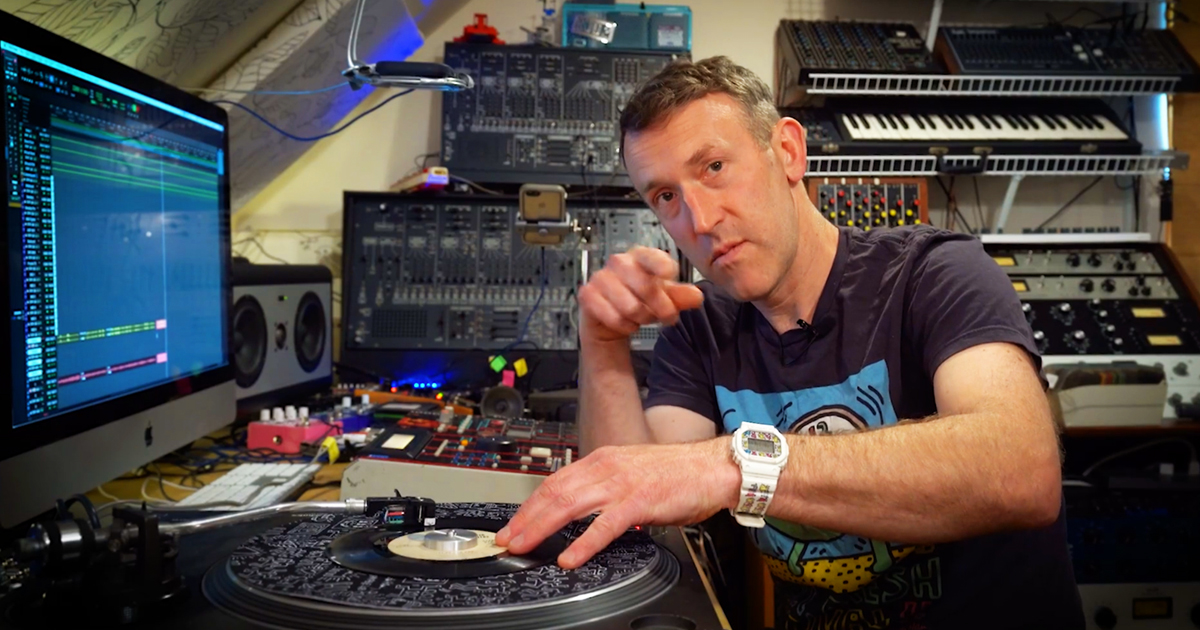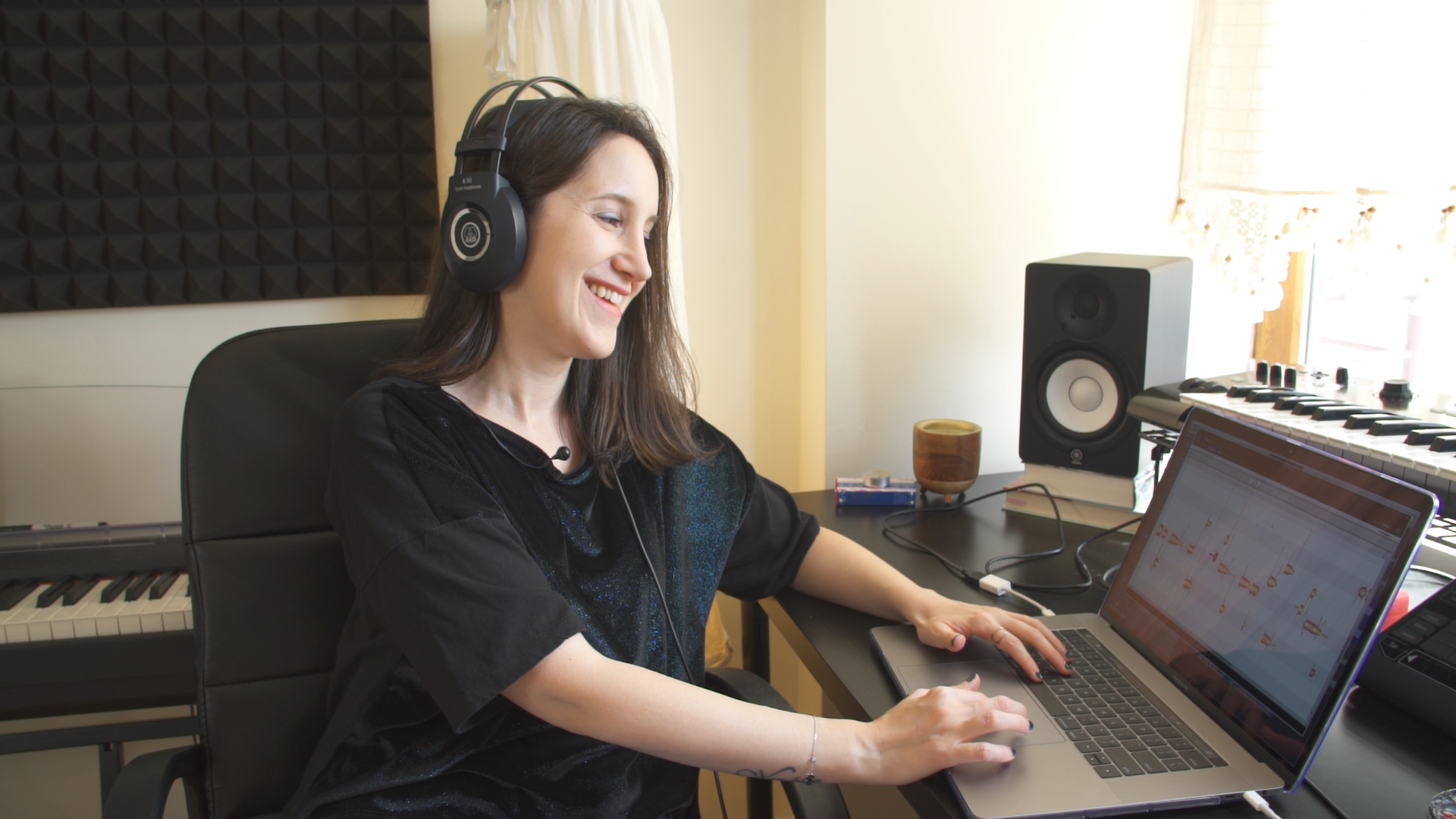5 tips for writing music grant applications
Cultivating a successful career in music can often come with a fairly hefty price tag, but thankfully private institutions, and sometimes even governments have grants available which can help to foot some of the bill. Here we look at three important pieces of advice for writing a successful grant application.
Guest post by Sayana of Soundfly’s Flypaper
At Soundfly, we help curious musicians meet their goals with creative online courses. Whatever you want to learn, whenever you need to learn it. Subscribe now to start learning on the ’Fly.
Getting your music career off the ground can be expensive — no matter how many skills and how much time you have, there will inevitably come a point when you’ll have to pay someone to help you out.
Luckily, government or private institution grants are a viable option for many, and can help make a massive difference in your ability to bring your projects to life. The only problem is, they are highly competitive. In order to receive grant money to fund your next music project, your application has to stand out and convince the jury that your music is worth supporting.
So, let’s go over a few tips that can help you make sure you’re doing everything in your power to receive the funding for which you’re applying.
1. Read (All) the Guidelines
Every grant you consider applying for will come with a pile of paperwork — and while it may be tempting to skip through reading it, the details are extremely important.
First of all, you want to make sure you’re eligible for funding. Many grants have very specific criteria, such as your age, region, education, career accomplishments, past accomplishments, etc. Don’t waste your time applying if you don’t qualify; believe me, the juries will never let something sneak past their attention.
Next, you want to carefully read through all supporting documentation to make sure you’re submitting all the components that the jury is asking for. They may need things like an .mp3 file, lyrics, a marketing plan or a budget. You could submit the most incredible song, but if you accidentally miss one of the components, your application will automatically be added to the “Denied” pile.
Reading through the guidelines will also help you get a sense of what exactly the jury is looking for and understand their assessment criteria. Pay attention to keywords and the language they use. For example, they may be looking for artists who are “emerging” and “promising.” In your application, make sure to clearly point out exactly what makes you an emerging or promising artist.
Jurors will most likely skim through your application rather than read it carefully, so you want to make it as easy as possible for them to take note of the information they’re looking for.
2. Be Specific
A great music grant application is essentially an explanation of why you need the money and how you’re planning on using it. Jurors will want to know that they’re giving money to someone who has carefully thought about their music career and has crafted a plan for how to move it forward.
This means that your plan has to be incredibly detailed and specific. Take this opportunity to show the jurors that you’ve done your homework, you know what you’re doing, and you know how to use the money wisely.
What does that mean?
Rather than saying you’d like to use the grant money to “promote your music,” include a list of marketing efforts you can anticipate paying for — such as photography, videography, graphic design, social media advertising, hiring a PR agency, and the like — and if possible get preemptive quotes from those stakeholders. Be sure to itemize all specific amounts and, if you can, name specific vendors you’re planning on working with.
+ Read more on Flypaper: “The “Plus, Minus, Equal” Approach to Achieving Success in Music.”
3. Be Realistic
Most grants will specify a maximum amount they can offer, so make sure the expenses you’ve included in your plan add up to no more than this amount. When crafting a plan for how you’d spend the grant money, it’s important to be realistic about two things:
- How much you can realistically accomplish with the amount you’re applying for.
- The activities you should invest in at this point in your music career.
It’s also a good idea to do a bit of research to get a sense of how much things will cost. For example, a marketing plan that allocates $50 for a music video simply won’t be taken seriously by the jury, since a professional video typically costs a lot more. On the other hand, you probably don’t need $5,000 for a cover artwork photo shoot.
The activities in your plan, and the related expenses, should also reflect where you are as an artist. The jury will be able to tell from other sections of your application — or maybe even a simple Google search — what you have accomplished so far and what your next steps should be. For example, don’t ask for grant money to help fund a world tour if you’ve never played a single show outside your home city.
+ Learn production, composition, songwriting, theory, arranging, mixing, and more on Soundfly — whenever you want and wherever you are. Subscribe for access!

4. Mention Team Members
This is often what differentiates a successful grant application from an unsuccessful one. The truth of the matter is, your music career is not a one-person job — it requires an entire team of people who specialize in something you don’t have the skillset or the time to do.
Mentioning these people in your grant application will increase your chances of getting approved because it tells the jury two things:
- You are prepared to take your music career to the next level and understand that you can’t do it alone.
- You have people in your corner who believe in your music and want to be a part of your success as a musician.
If you’re just starting out, you may not have an official team yet, but that doesn’t mean you don’t have people supporting you. Think of anyone involved in your project — this can be someone who mentors you, a collaborator, or someone you hire for a specific service.
If you haven’t involved anyone yet, mention people you’re planning on working with. Just make sure you’ve actually spoken to them about your project first, and avoid name-dropping prominent industry professionals if you don’t have a relationship with them.
5. Pay Attention to Details
The most important aspect of your grant application is, of course, the content. However, the way it’s presented also has a big impact on your chances of getting approved.
This means that the application must be well-written and easy to digest, it must flow linearly, and it must not feature any grammar or spelling mistakes. If you’re not a strong writer, consider asking someone to edit your application for you. At the very least, have a friend proofread it for any glaring mistakes.
If you have the means, packaging your application in a visually appealing, cohesive format can really make it stand out. This can be a professionally designed .pdf document that reflects your artist brand or even a dedicated page on your website. If you choose to take this route, just be sure to check that the application guidelines allow for this kind of flexibility (sometimes, all they want is for you to fill out an online form).
One Last Tip…
If you remember nothing else from this guide, remember this: start working on your grant application as early as you can. This is not something you can leave to the last minute.
Be sure to review the application requirements at least two months before the due date to give yourself enough time to gather everything you need. You may find that the application requires reference letters, in which case you’ll need time to ask your references and give them a chance to write something. Or what if the application requires a link to your website, but yours is extremely outdated (or maybe you don’t have one at all).
Getting started early will give you plenty of time to fill in gaps like this.
Hopefully, these tips help improve your chances of getting funding. Best of luck with your grant application and your music career beyond that!
Sayana is a contemporary R&B singer-songwriter based in Toronto, Canada. When she’s not making music, she creates content on personal development and navigating life as a musician on her Instagram and website.

To write music, like any text, you need talent. I realized that at the university when the load became unbearable. Therefore, I decided to apply for lit review help for writing my essays. This helped me save time and I didn’t have to sit for materials for days.